Refine listing
Actions for selected content:
5398 results in Wits University Press
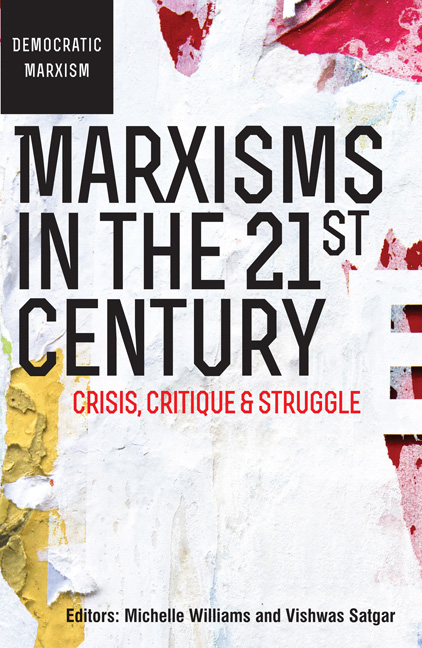
Marxisms in the 21st Century
- Crisis, critique and struggle
-
- Published by:
- Wits University Press
- Published online:
- 21 April 2018
- Print publication:
- 31 December 2013
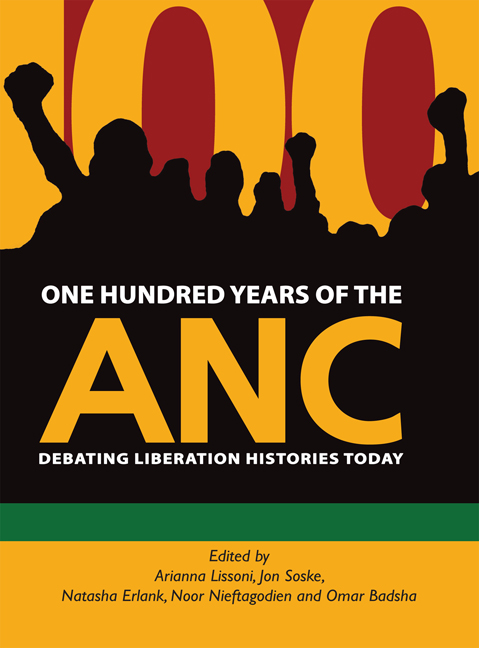
One Hundred Years of the ANC
- Debating liberation histories today
-
- Published by:
- Wits University Press
- Published online:
- 21 April 2018
- Print publication:
- 31 December 2012
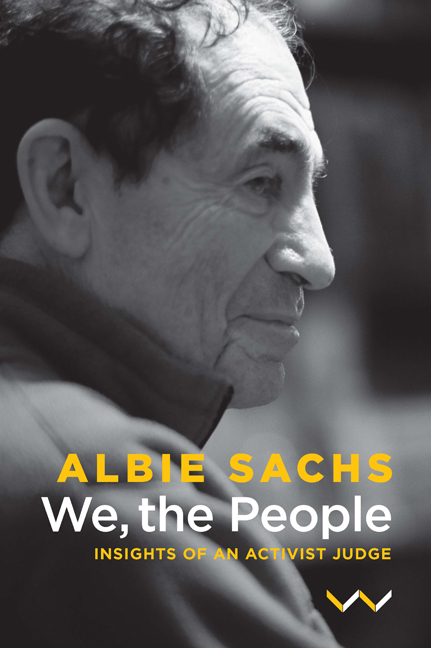
We, the People
- Insights of an activist judge
-
- Published by:
- Wits University Press
- Published online:
- 21 April 2018
- Print publication:
- 30 November 2016
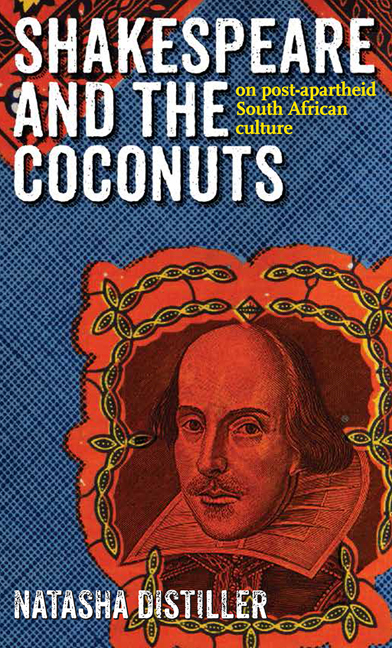
Shakespeare and the Coconuts
- On post-apartheid South African culture
-
- Published by:
- Wits University Press
- Published online:
- 21 April 2018
- Print publication:
- 31 December 2012

We Write What We Like
- Celebrating Steve Biko
-
- Published by:
- Wits University Press
- Published online:
- 21 April 2018
- Print publication:
- 31 December 2007
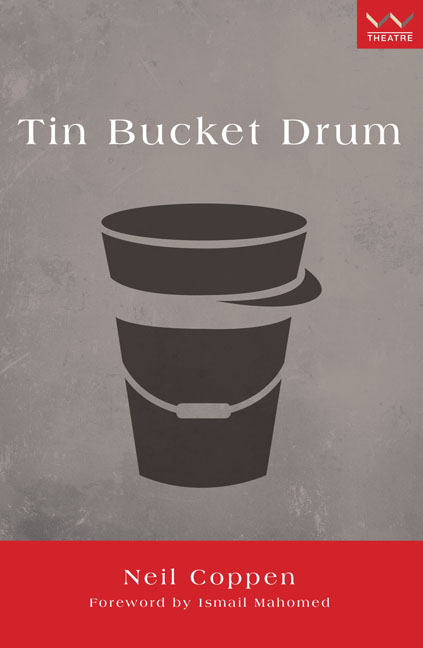
Tin Bucket Drum
- A play
-
- Published by:
- Wits University Press
- Published online:
- 21 April 2018
- Print publication:
- 30 November 2016
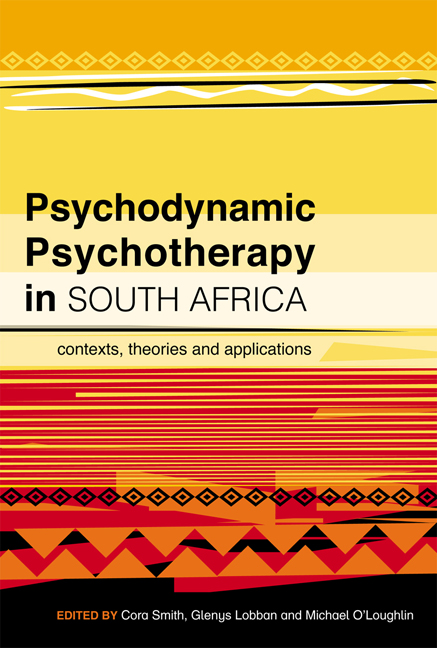
Psychodynamic Psychotherapy in South Africa
- Contexts, theories and applications
-
- Published by:
- Wits University Press
- Published online:
- 21 April 2018
- Print publication:
- 31 December 2013
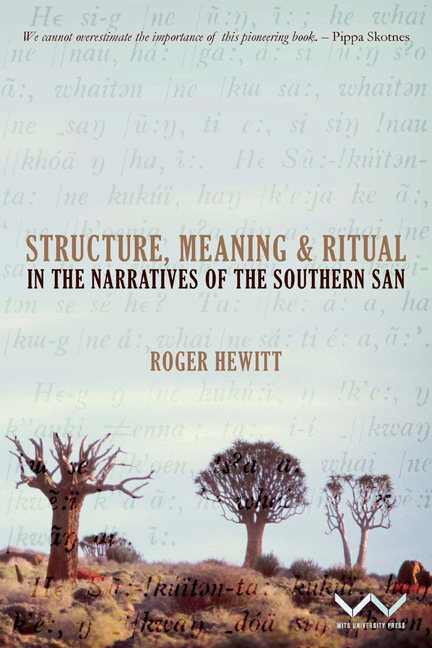
Structure, Meaning and Ritual in the Narratives of the Southern San
-
- Published by:
- Wits University Press
- Published online:
- 21 April 2018
- Print publication:
- 31 December 2008

Losing the Plot
- Crime, reality and fiction in postapartheid South African writing
-
- Published by:
- Wits University Press
- Published online:
- 21 April 2018
- Print publication:
- 30 September 2016

The State of Secularism
- Religion, Tradition and Democracy in South Africa
-
- Published by:
- Wits University Press
- Published online:
- 21 April 2018
- Print publication:
- 30 September 2017

The Origins of Non-Racialism
- White opposition to apartheid in the 1950s
-
- Published by:
- Wits University Press
- Published online:
- 21 April 2018
- Print publication:
- 31 December 2010

Land, Chiefs, Mining
- South Africa's North West Province since 1840
-
- Published by:
- Wits University Press
- Published online:
- 21 April 2018
- Print publication:
- 31 December 2014

Traumatic Stress in South Africa
-
- Published by:
- Wits University Press
- Published online:
- 21 April 2018
- Print publication:
- 31 December 2010

Suddenly the Storm
-
- Published by:
- Wits University Press
- Published online:
- 21 April 2018
- Print publication:
- 31 December 2017
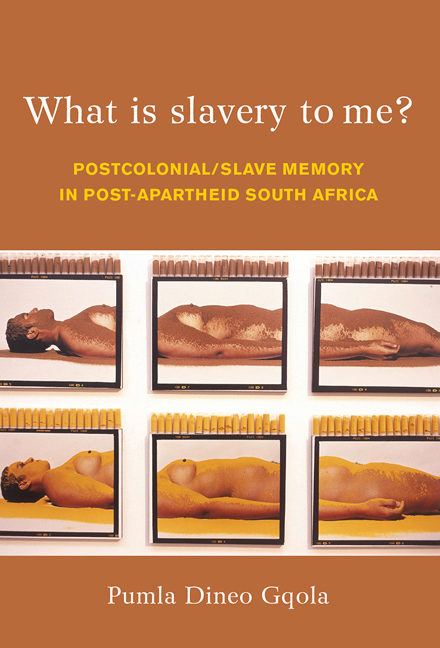
What is Slavery to Me?
- Postcolonial/Slave Memory in post-apartheid South Africa
-
- Published by:
- Wits University Press
- Published online:
- 21 April 2018
- Print publication:
- 31 December 2010

Place of Thorns
- Black political protest in Kroonstad since 1976
-
- Published by:
- Wits University Press
- Published online:
- 21 April 2018
- Print publication:
- 31 December 2015

Missing
- A play
-
- Published by:
- Wits University Press
- Published online:
- 21 April 2018
- Print publication:
- 31 December 2015
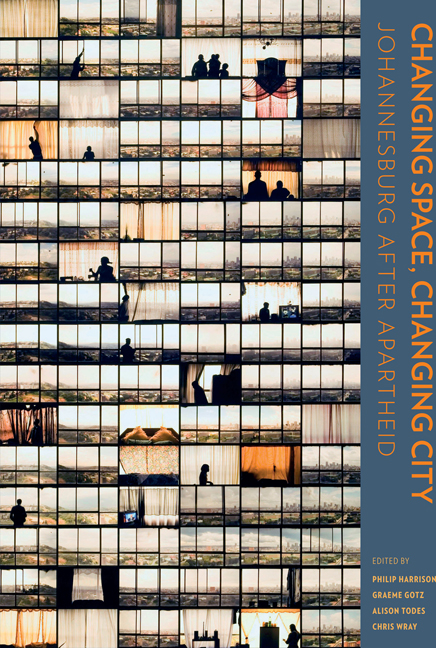
Changing Space, Changing City
- Johannesburg after apartheid
-
- Published by:
- Wits University Press
- Published online:
- 20 April 2018
- Print publication:
- 31 December 2014
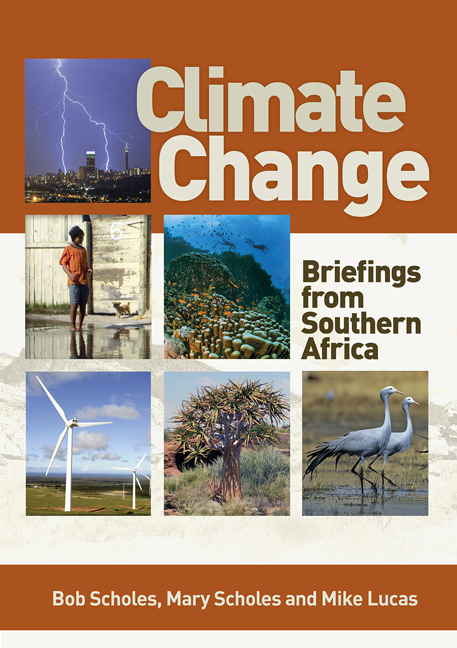
Climate Change
- Briefings from Southern Africa
-
- Published by:
- Wits University Press
- Published online:
- 20 April 2018
- Print publication:
- 31 December 2015
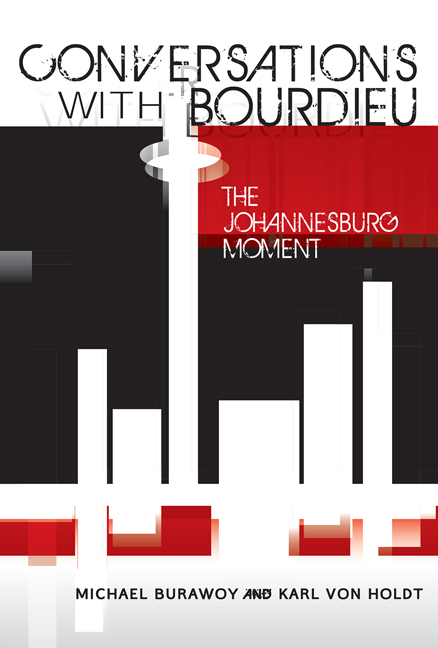
Conversations with Bourdieu
- The Johannesburg Moment
-
- Published by:
- Wits University Press
- Published online:
- 20 April 2018
- Print publication:
- 31 December 2012
